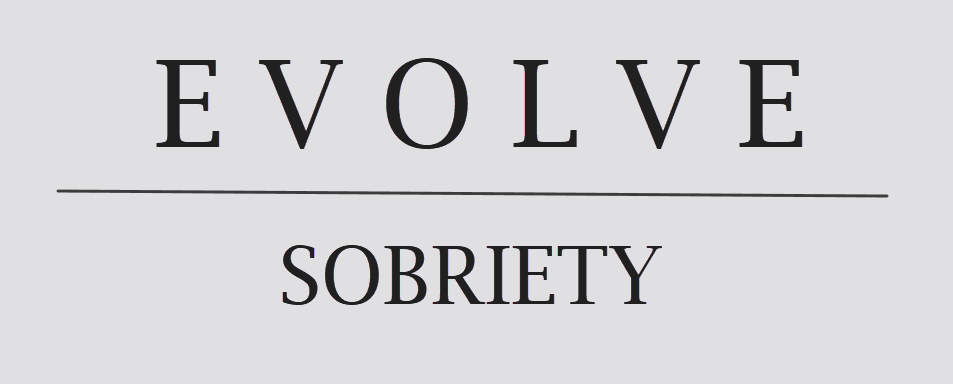Addiction is a complicated condition affecting millions worldwide, including residents of Canada. It involves compulsive drug-seeking behavior despite adverse consequences and can devastate the lives of individuals and their families. Nevertheless, with the proper treatment and support, people can recover.
One of the most essential parts of recovery from addiction is therapy, also known as counseling. Therapy assists patients in comprehending the root causes of their addiction and in developing coping mechanisms to aid them in rebuilding their lives. This article focuses on individual, group, and family therapy, among other therapies available for addiction treatment in Canada.
Varieties of Counseling Options:
One-to-one Therapy
Individual, one-on-one counseling is a form of remedial engagement that concentrates on an individual’s specific requirements and experiences. In one-on-one therapy, the therapist works closely with the client to explore the factors that led them to start using drugs, identify cues and usual patterns, and enhance strategies for dealing with them. For example, Individualized counseling may be effective for those battling multiple mental health issues such as anxiety or depression.
In some cases, psychologists and social workers conduct these sessions, while others may have specialists like addiction counselors providing individual talk therapy services in Toronto, Montreal, or Alberta.
Group Therapy
There are specific techniques used in helping people with addiction recover after they have undergone detoxification processes aimed at enhancing the entire recovery process. These programs are generally run by community mental health centers, addiction treatment agencies, support groups, etc. Still, they all focus on group interactions where members share common experiences while learning ways to cope with them effectively. Generally, this type of counseling may benefit persons who suffer isolation during recovery periods if compared to other options. For example, group therapy sessions are offered by various organizations like substance abuse facilities within cities such as Vancouver.
Family Therapy
Addiction recovery often involves family therapy due to the impact addiction has on family dynamics. Individual and family therapists work with a client’s family members to help them address communication problems and trust issues and set boundaries. This will, therefore, push families to consider rebuilding their relationships, which may have been lost through drug use and abuse in cities such as Manitoba or Calgary.
Cognitive-behavioral therapy (CBT)
Cognitive-behavioral therapy (CBT) is a form of counseling aimed at assisting individuals in altering negative thoughts and behaviors stemming from addictive tendencies. Generally, these sessions are used in substance disorder rehabilitation programs to enable patients to discover and correct the cognitive deficits that maintain their habits. For example, this approach may be beneficial for individuals who suffer from certain types of delusion or those who cannot control themselves correctly during the recovery process.
Dialectical Behavior Therapy (DBT)
Addiction treatment can significantly benefit from dialectical behavior therapy, which blends mindfulness practices with cognitive-behavioral techniques. It could be argued that DBT is one of the most effective methods used in rehabilitating drug addicts as it enables them to regulate their emotions, get along well with other people, and develop appropriate coping mechanisms. Therefore, this method suits people with prior traumatic experiences or those experiencing intense feelings within the Quebec region.
Motivational Interviewing (MI)
Motivational interviewing (MI) is a therapeutic approach that aids individuals in examining and resolving ambivalence regarding change. It is commonly used in the treatment of addiction to help people achieve their goals, identify why they need change, and take action toward personal development. Such treatment can be very effective, especially for those unwilling to change or unsure about being ready for recovery.
Therapy’s Role in Addiction Recovery:
- Therapy equips patients with the necessary tools and support required to address the root causes of addiction.
- This helps them develop coping mechanisms and bring positive changes into their lives.
- It can be designed in a way that addresses a person’s individual needs and experiences.
- It will help them understand their negative patterns of thought and behavior and help them make changes in these areas.
- The process of therapy can bring healing, hope, understanding, and trust among family members affected by addiction.
- Through it, one can regulate emotions, improve interpersonal relations as well as learn good ways of dealing with problems.
- Therefore, it assists individuals in coping with mixed feelings about change.
- It creates room for sharing one’s experience and learning from others.
This is because therapy has a significant role to play when it comes to recovering from drug addiction. In Canada alone, there are different forms of treatments available for people undergoing addiction. When looking for a therapist, you should ensure that he treats addictions regularly and that you can work comfortably together. This means that anyone struggling with addiction can get better with appropriate therapy alongside other supports.

